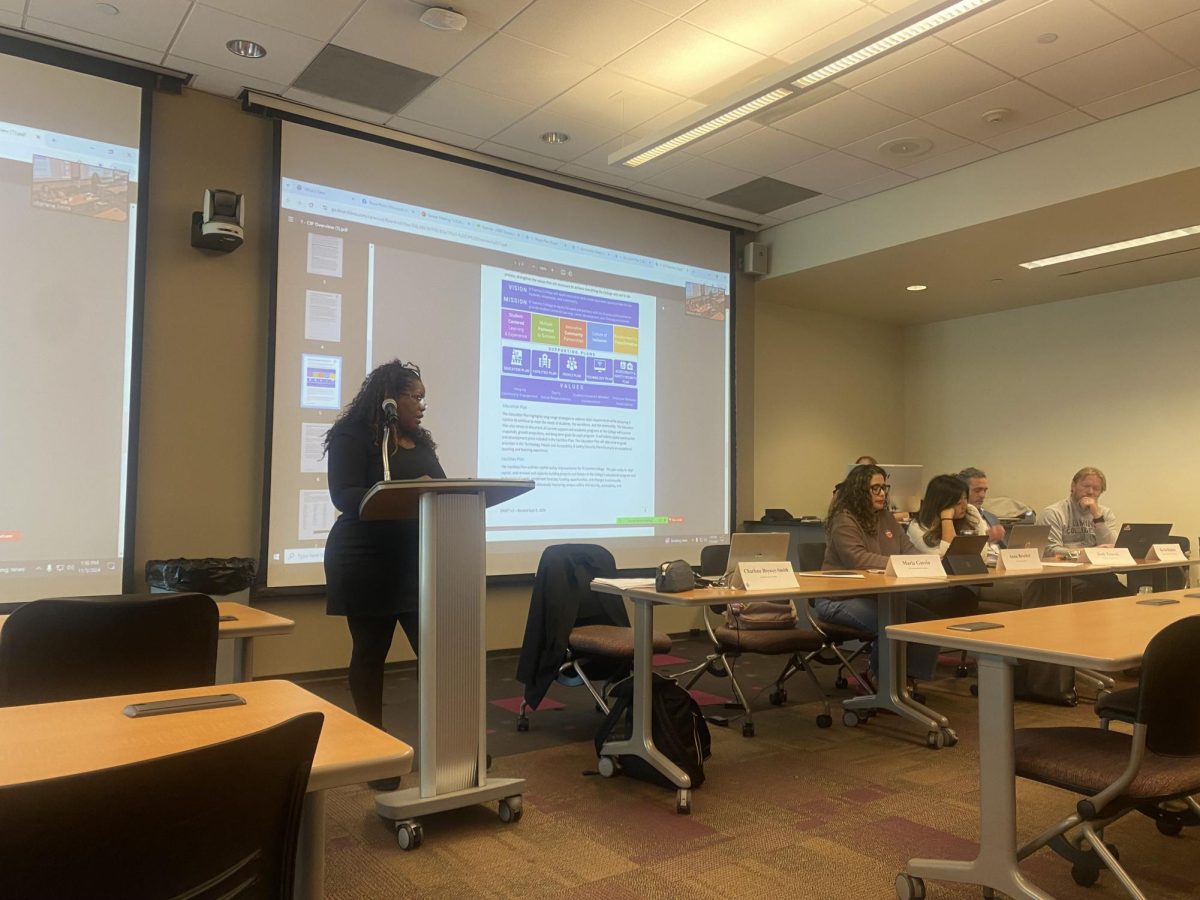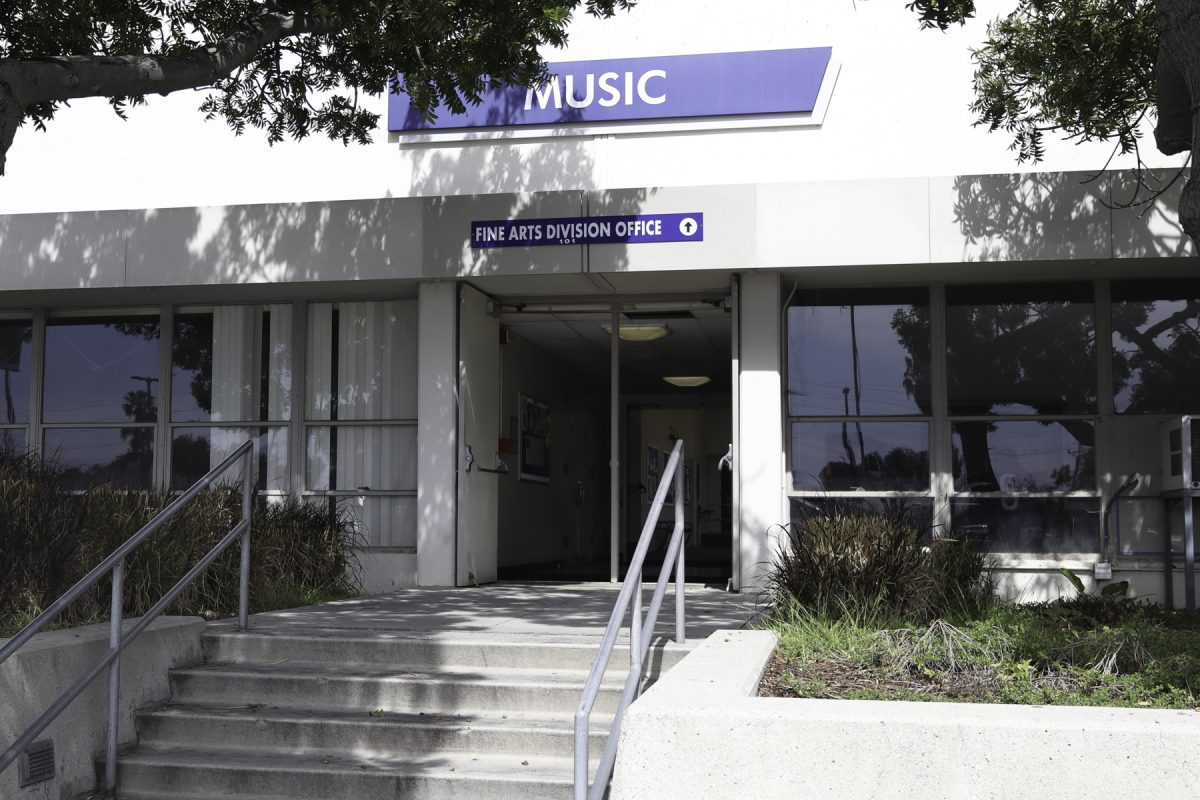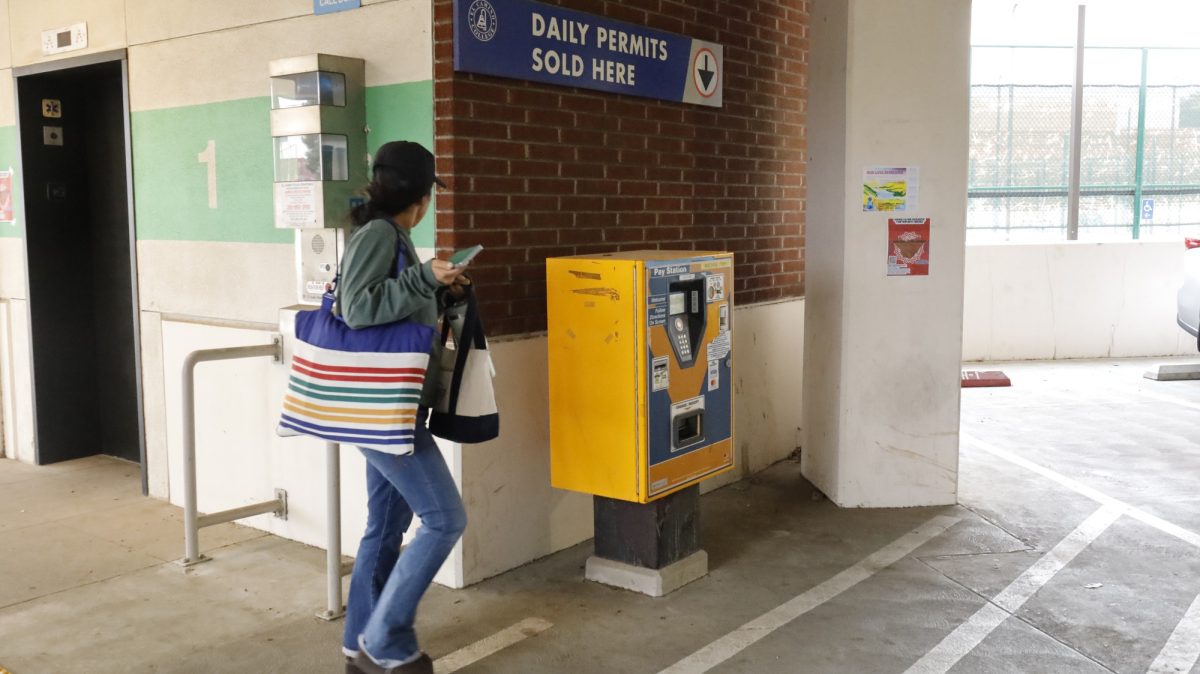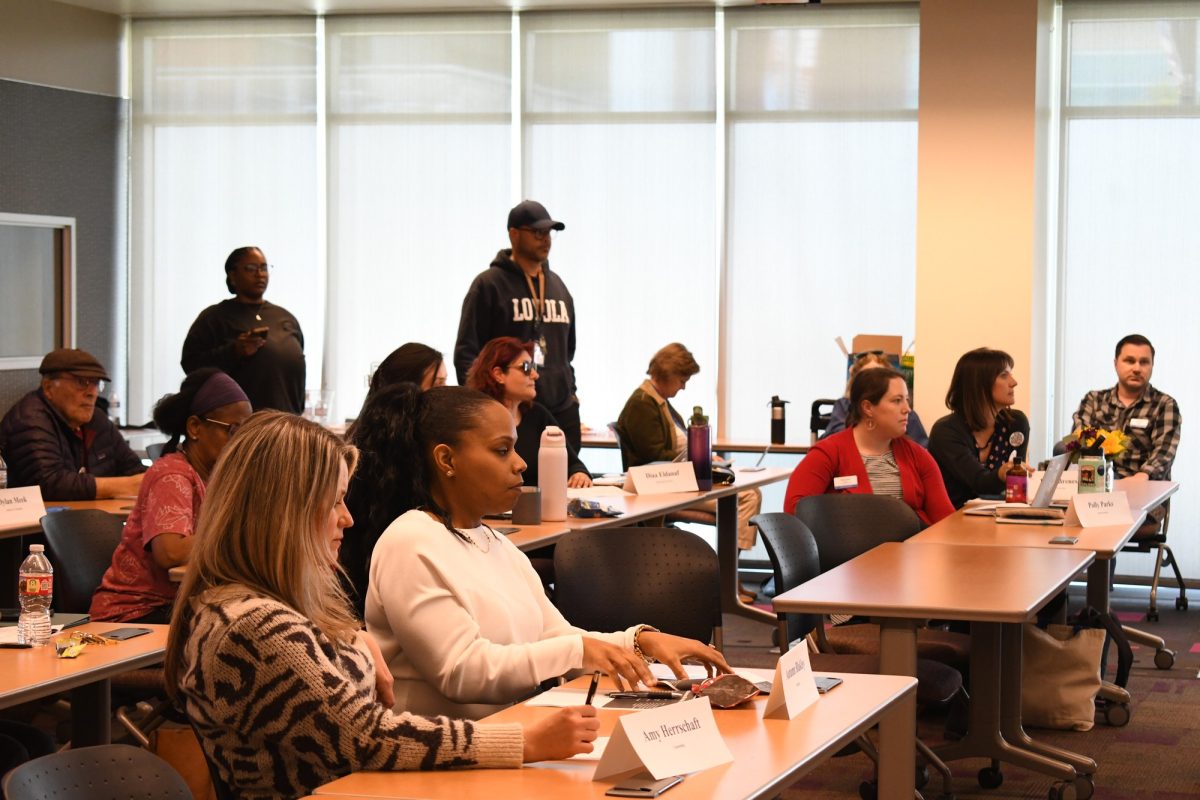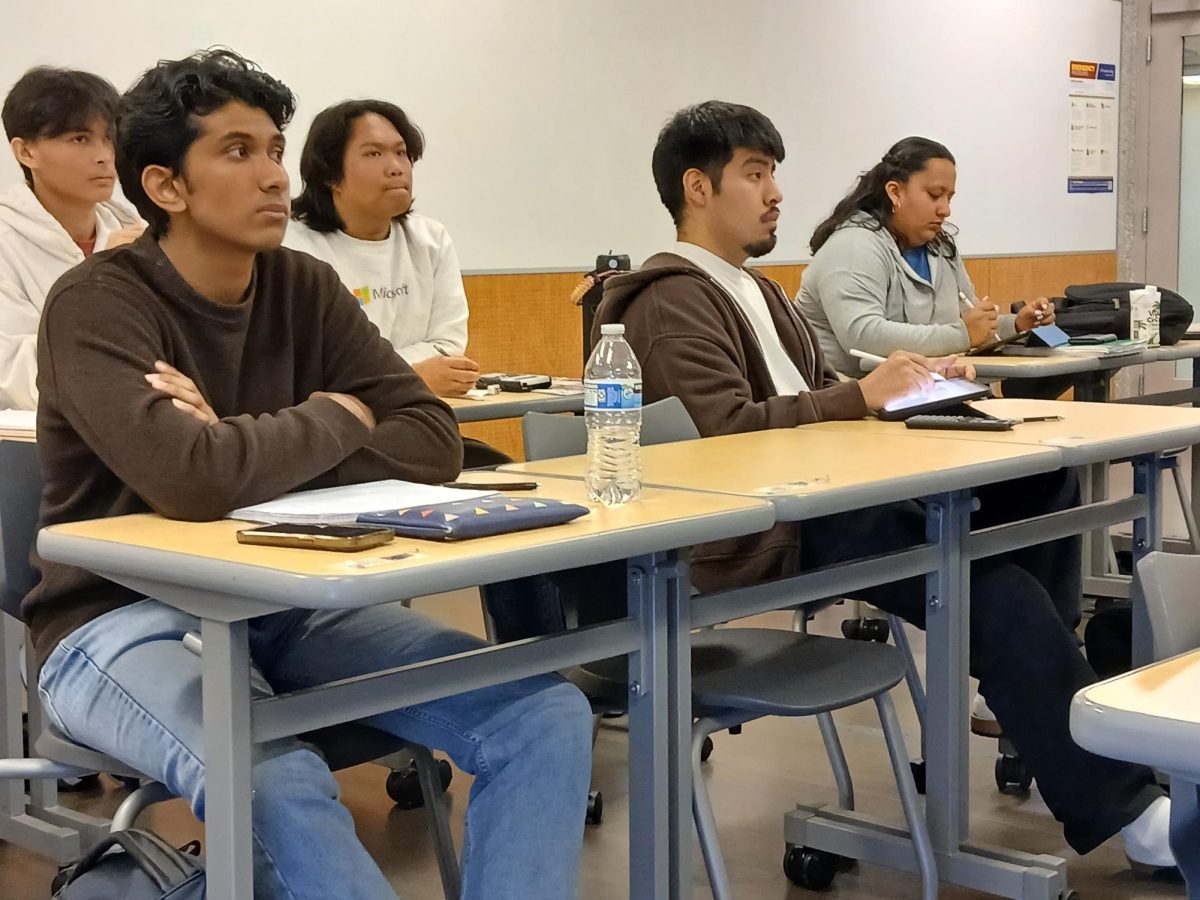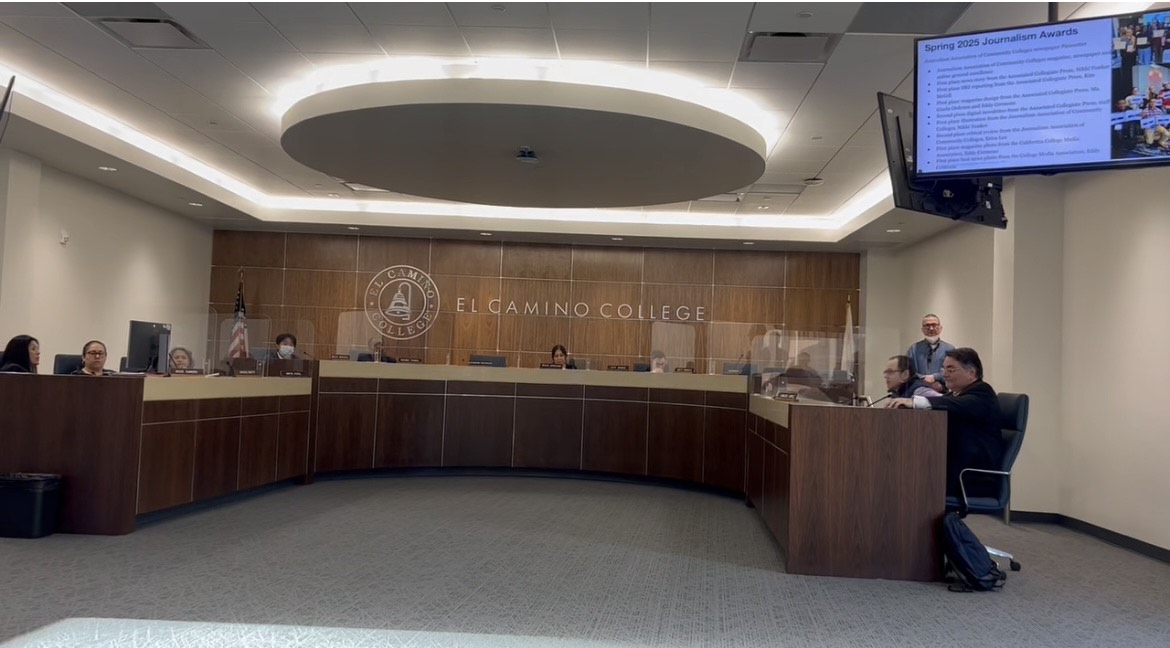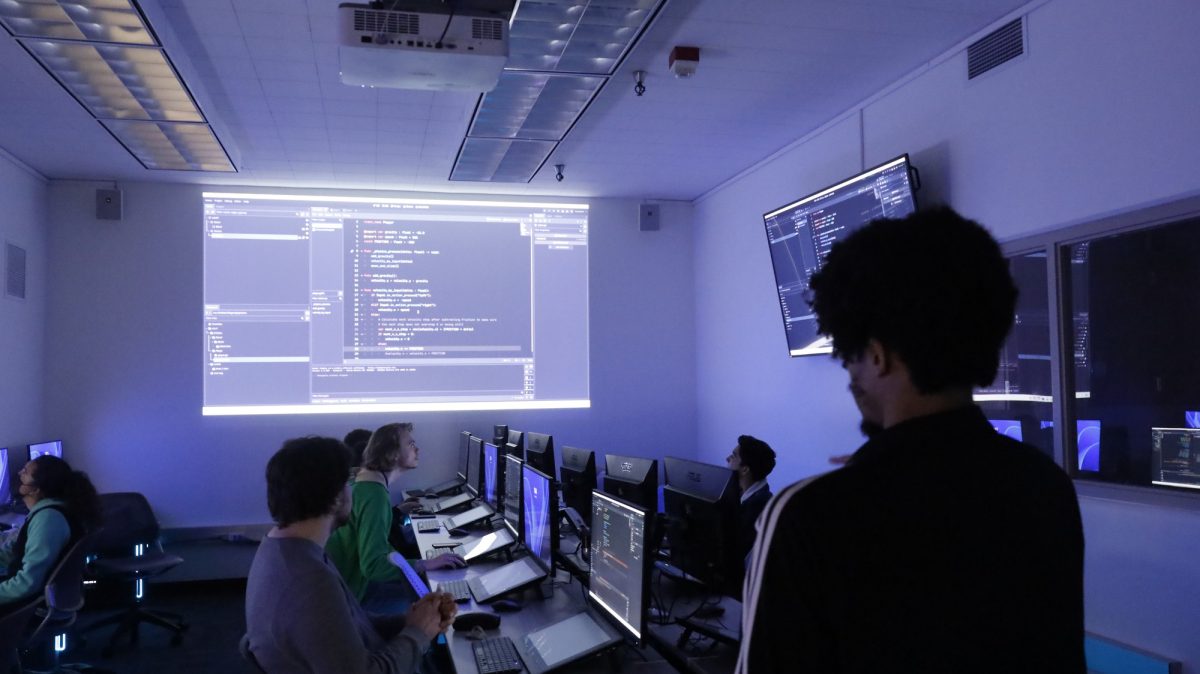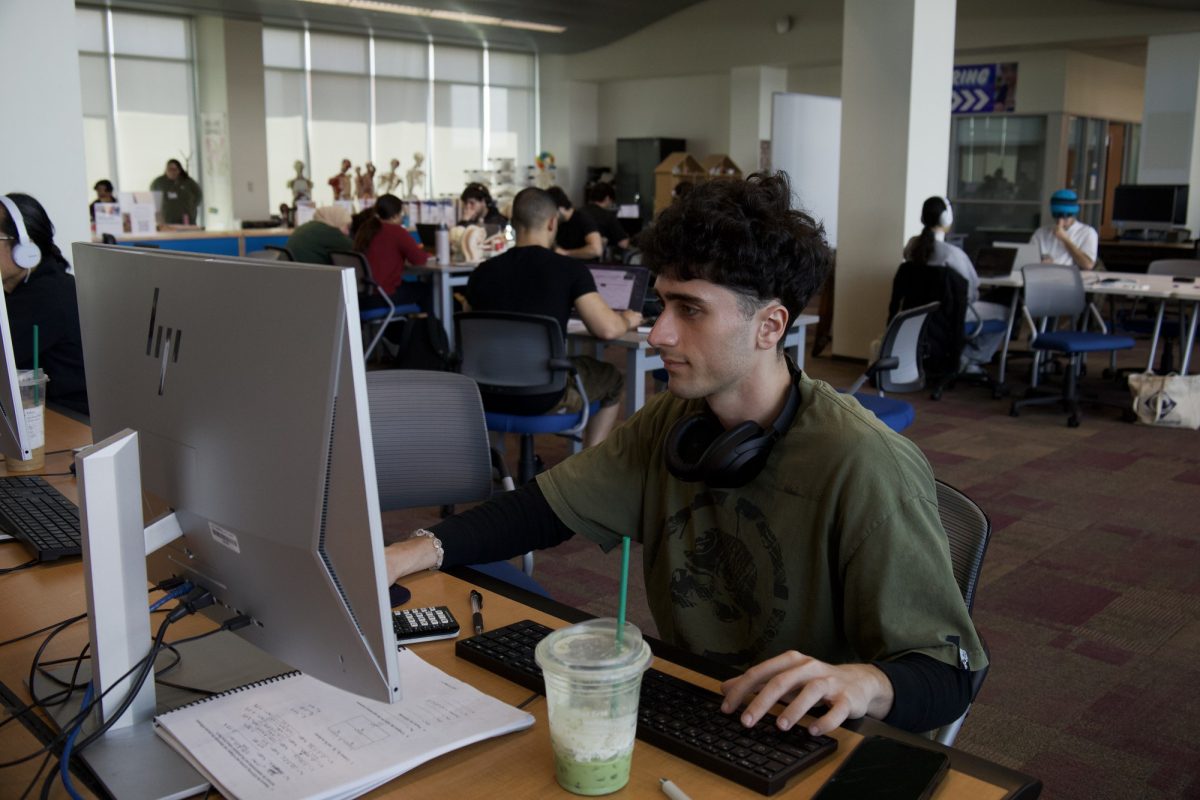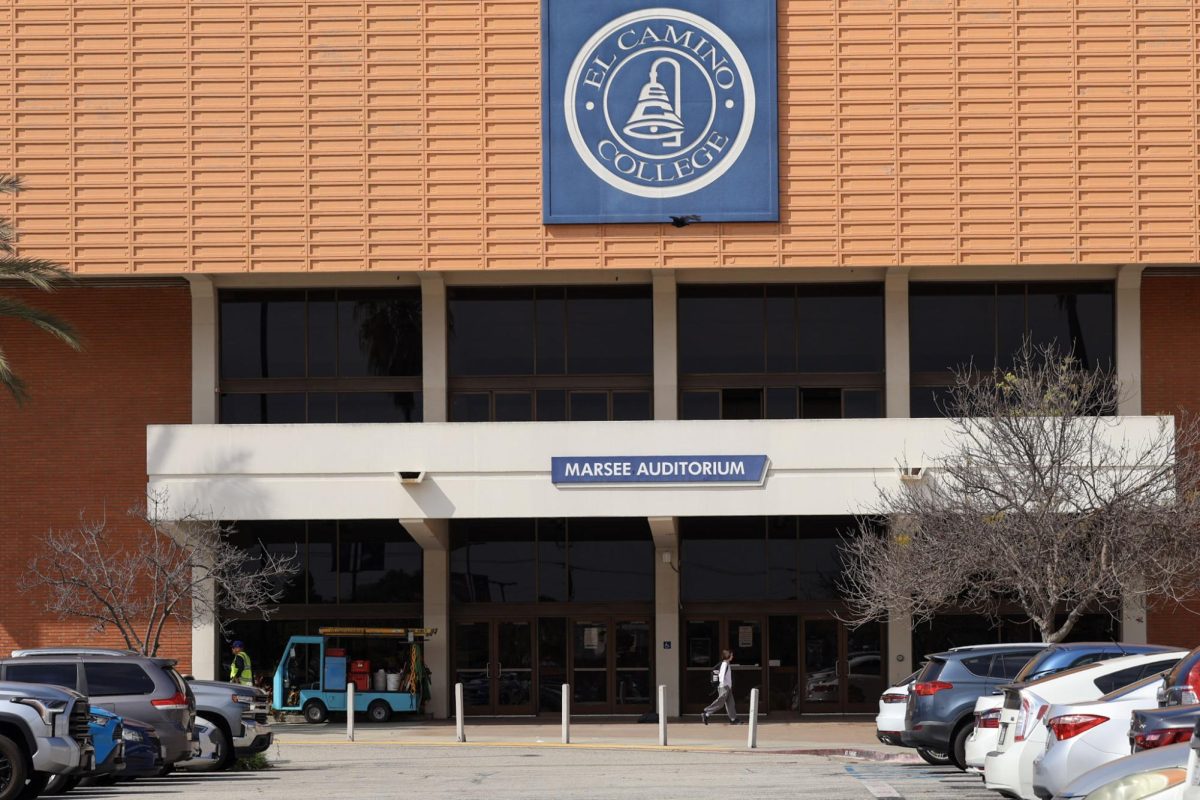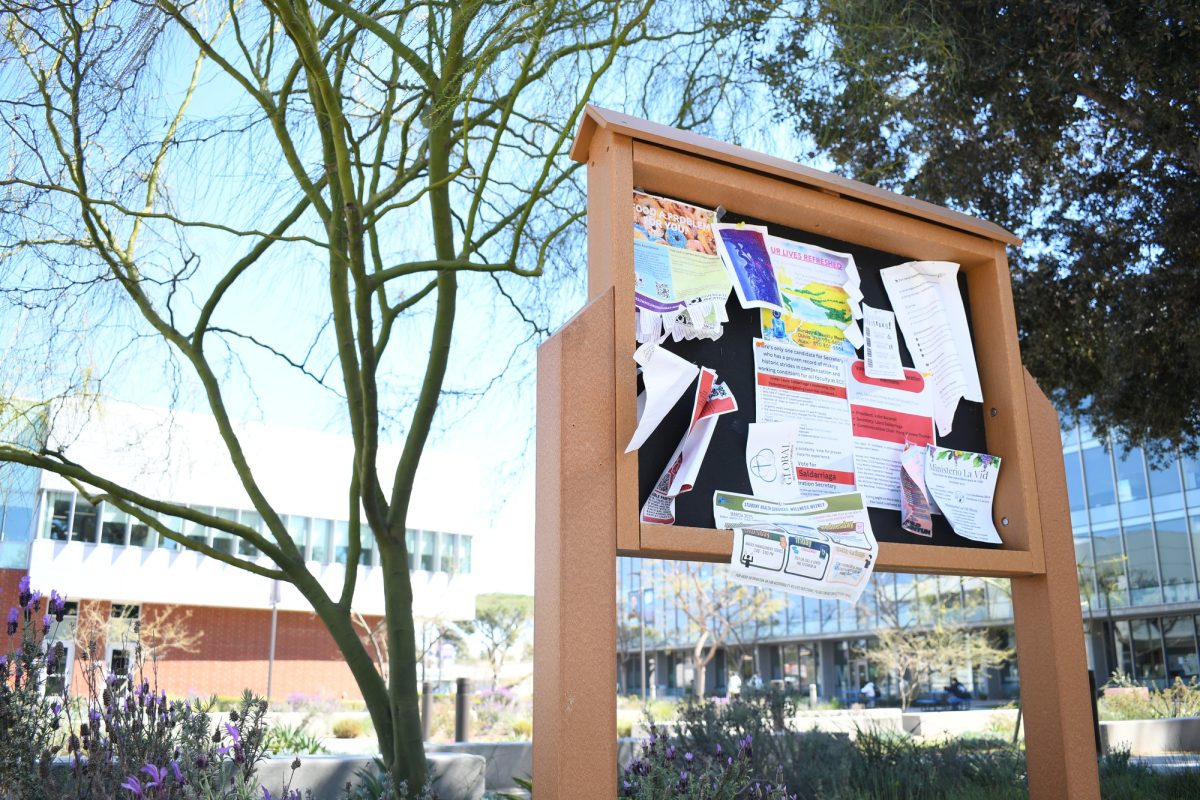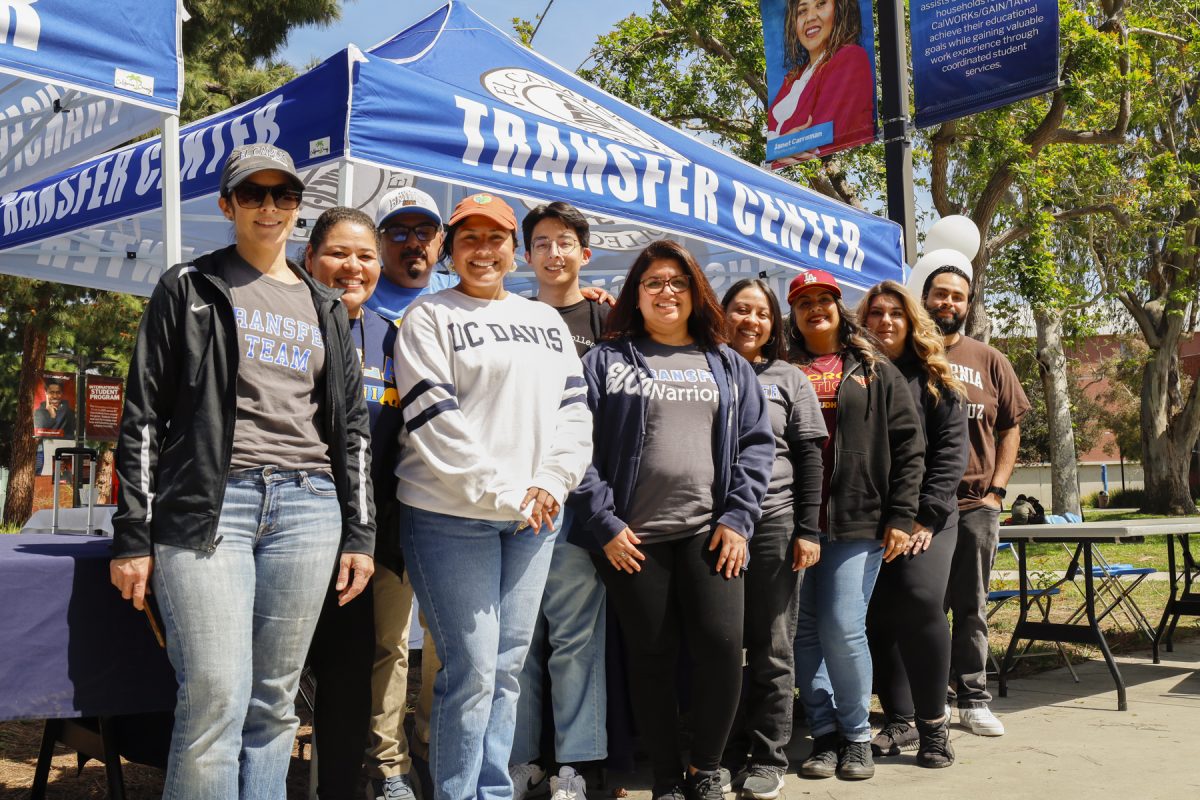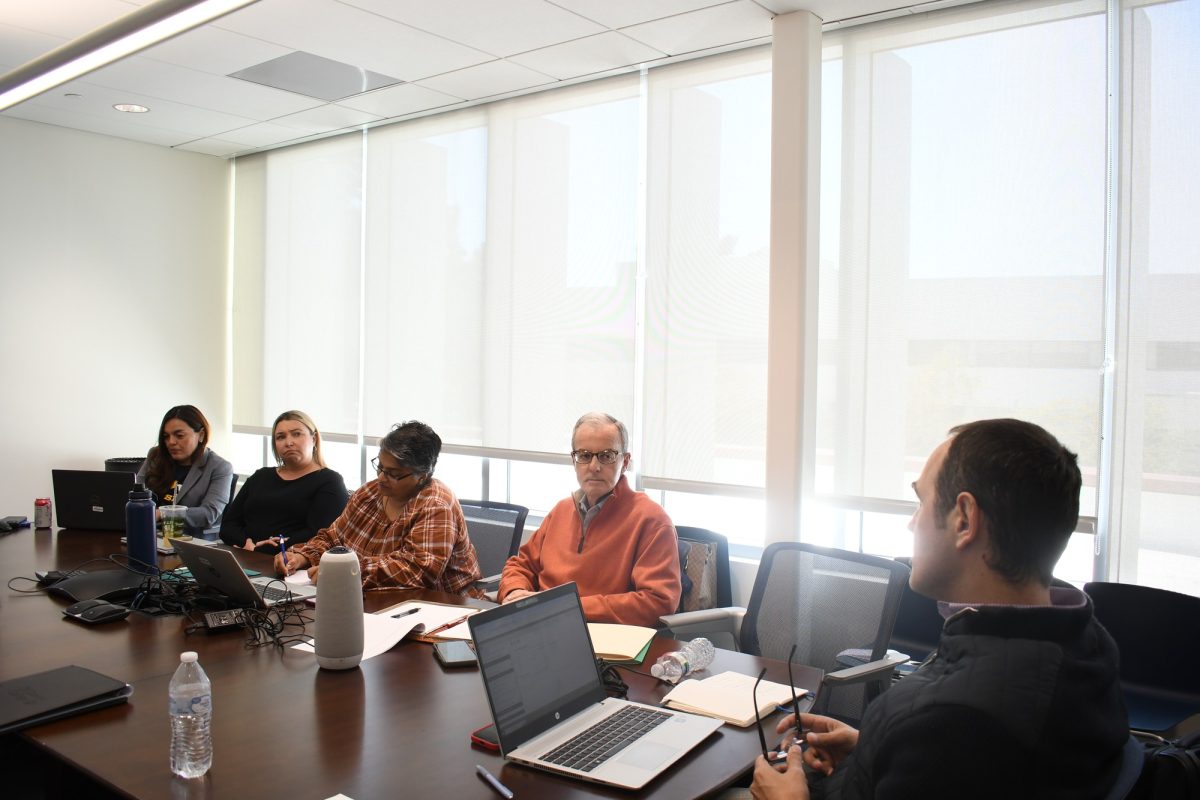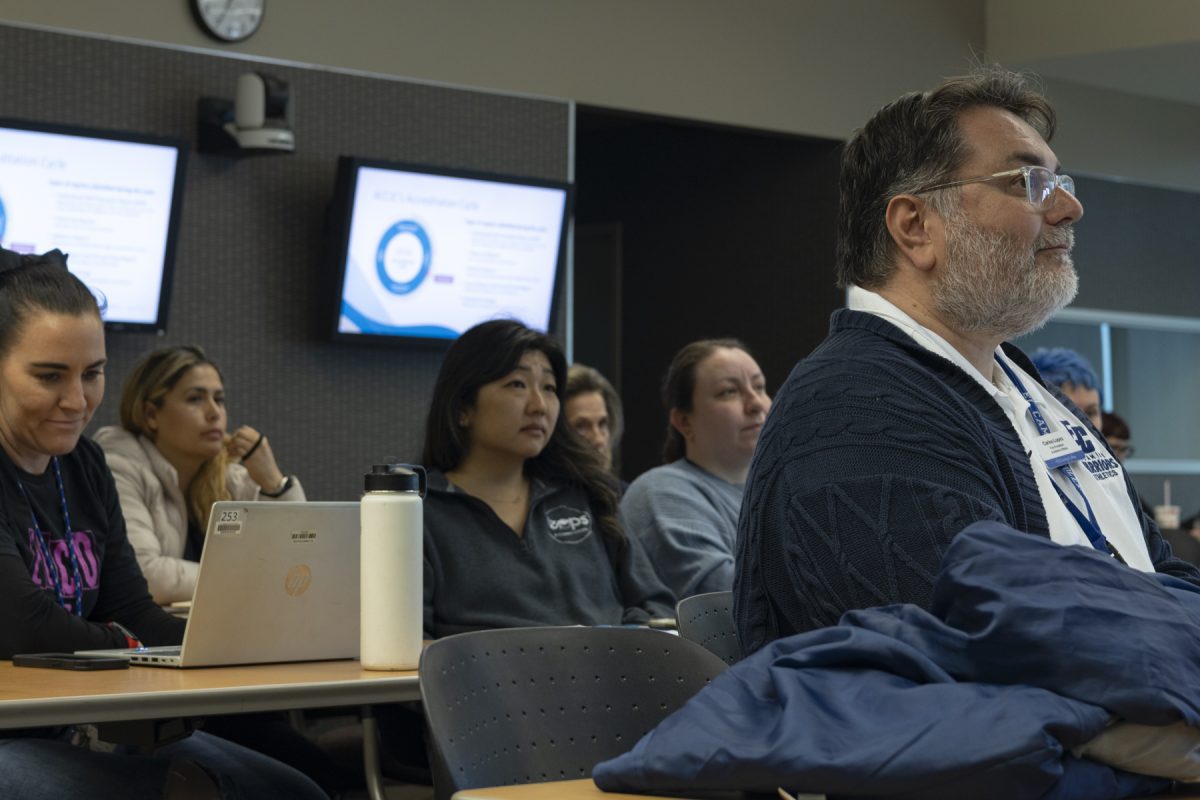A new long-term educational plan will be set in place due to the South Bay population growing older in age over the next 10 years, according to a document released by the college.
The South Bay is projected to see an 8.5% increase in people 55 years old or older. This includes the Hispanic population, which will increase by 2.5%, while people identifying as multiracial will increase by 1%.
The Comprehensive Integrated Plan released by El Camino College’s Office of Institutional Research & Planning outlines a plan for an increase in programs that will support older students.
Potential programs include the development of off-site educational centers in the northern and southern portions of the District, a robust noncredit program and apprenticeship.
Director of Institutional Research Viviana Unda said El Camino has traditionally been focused on transfers to four-year universities.
“[We want to] move away from being only focused on being a transfer college,” Unda said.
Unda said older students at El Camino are looking to learn new skills.
“Many of those adults are coming here to get a little bit more credentials to either bump up their salaries or change their jobs or to improve better jobs,” Unda added.
According to a previous Union article, over 30% of the 20,000 students at ECC already have a bachelor’s degree prior to returning to school.
The CIP program aims to add resources and programs for these particular students. Carlos Lopez, the vice president of Academic Affairs said that funding for the CIP will come from both the state and college level.
“We have to use the funds that we have available whether that’s college funds or grant funds,” Lopez said.
Lopez said the Education Plan included reviewing data, including enrollment rejections and numbers taken from an environmental scan data for labor market analysis.
“They could lead to high wage or living wage jobs for students,” Lopez said, referring to the enrollment and demographic data of the South Bay.
Between 2020 and 2030, there are expected to be 216,786 average annual job openings related to ECC.
Stephanie Burnham, an English professor and vice president of the Academic Technology Committee said the potential adoption of the new educational plan is actionable.
“They feel more specific and direct,” Burnham said. “Whereas before, in some cases, you had sort of these bigger, esoteric kind of abstract goals.”



